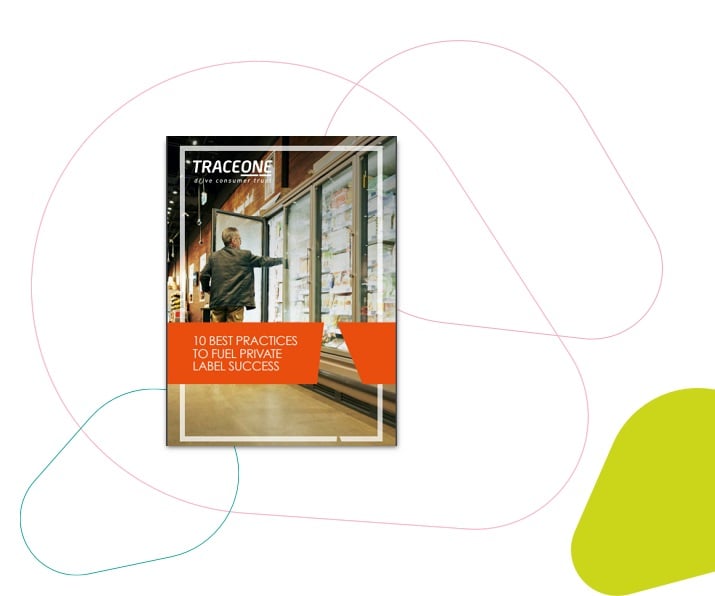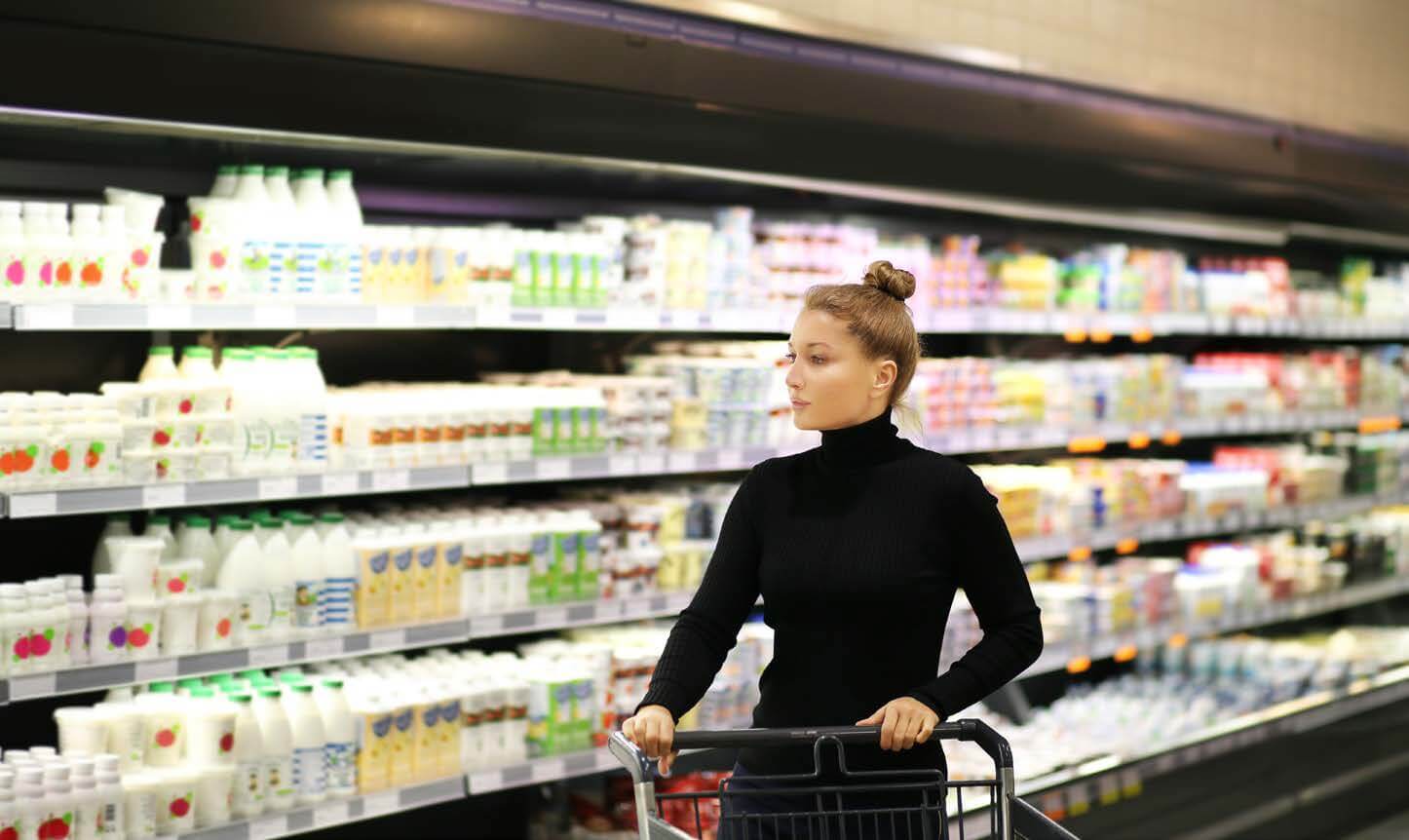Private Label products are in demand among global consumers, growing 5.8% (vs. 1.5% for national brands) year-overyear. That’s why leading retailers continue to invest in their own brands to differentiate their offerings with exclusive products that boost sales and loyalty.



In grocery Private Label, there’s no standing still. Retailers and manufacturers must contend with market volatility and evolving consumer demands, including sustainability, corporate social responsibility and free-from foods that align with their dietary needs and values. For instance, 68% of UK shoppers say the environmental impact of a product’s packaging affects their purchases, rising to 77% in Germany and 81% in Spain.



Consumer demand for agility, speed and cost savings, and corporate desire for productivity, supply chain efficiency and a competitive edge are among the key factors that make the Private Label food industry increasingly complex. With so many factors impacting Product Lifecycle Management (PLM) performance, it’s critical for retail companies to identify areas to improve systems, processes and collaboration among all stakeholders.
Fragmented communication harms Private Label success. That’s because some retail companies still tend to operate in individual silos rather than as a united team by collaborating with their supply chain partners. If each level of the supply chain has no visibility into the other levels, inconsistent processes and quality standards can result. Inconsistent approaches to communication across the supply chain make it more challenging to achieve food safety standards and regulatory expectations that protect both consumers and the bottom line.
The food industry continues to evolve from a mass market to more niche segments and personalized needs, including freefrom, vegan and sustainable products. As a result, Private Label stakeholders have had to adapt how they develop and market products to create positive brand experiences that keep consumers coming back.

Fill the form and get our free white paper.